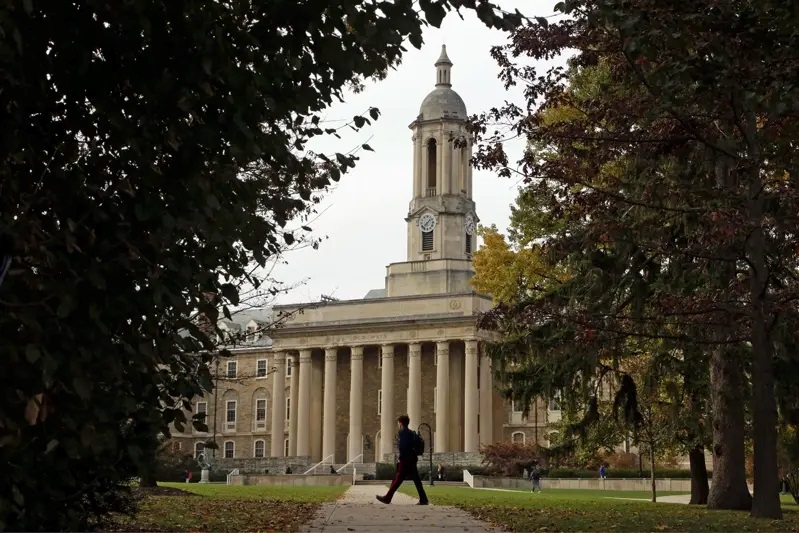Using AI to forge identities, ghost students enroll in online courses to defraud subsidies

The rise of artificial intelligence (AI) and the popularity of online courses have led to a surge in college financial aid fraud cases. Criminal gangs forged college student registrations and then sent “ghost students” who were actually chatbots to participate in online courses. If they stayed long enough, they could obtain scholarships and even forged student identities to apply for loans.
The Associated Press reported that San Francisco resident Heather Brady was taking a nap at home on a Sunday afternoon when a police officer knocked on her door and asked her if she had applied to Arizona Western College. She answered no. Sure enough, as the police officer suspected, someone used her name to apply to that school and then defrauded the government to obtain subsidies.
Brady checked her student loan account and found that the fraudsters not only stole her identity, but also borrowed more than 9,000 yuan in her name to attend a course at a California college, but the money was given to other people. Brad said that she couldn’t imagine how many people encountered this kind of thing and were at a loss.
Nelson, a Louisiana resident who runs a home cleaning business, had his identity stolen and used to attend college, and then fraudulently applied for a loan from the government. …
Nelson, a Louisiana resident who runs a home cleaning business, had his identity stolen and used to attend college, and then fraudulently applied for a loan from the government. (AP)
In some cases, professors found that almost no real students were attending their courses; AI-generated ghost students filled the course seats, and real students were blocked from taking the courses they needed to graduate. The victims’ identities were stolen and their names were used to apply for fraudulent student loans. Then they had to call universities, Federal Student Aid offices and lending banks to negotiate, which took several months, to erase their loan records.
The Department of Education issued a temporary rule this month requiring students to show government-issued ID cards to universities and colleges to prove their identity. The rule only applies to people who apply for federal student aid for the first time this summer, affecting about 125,000 student loan borrowers. The Education Department said it is developing more advanced screening mechanisms for this fall.
The Department of Education sent guidance to colleges saying the number of ghost students obtained through fraud has reached a level that puts federal student aid programs at risk.
An Associated Press analysis of fraud reports obtained through open records laws found that California schools reported 1.2 million false applications in 2024, resulting in 223,000 suspected ghost student registrations. Other states have encountered the same problem, but California’s 116 community colleges are a particular target for criminals.
The report said criminals defrauded at least $11.1 million in federal, state and local aid from California community colleges last year and could not recover it. Colleges generally receive part of the federal student loan to cover tuition, and the remaining loan is directly allocated to students to cover other expenses. Community colleges are targeted in part because they have lower tuition, so a larger proportion of grants or loans go to lenders.








